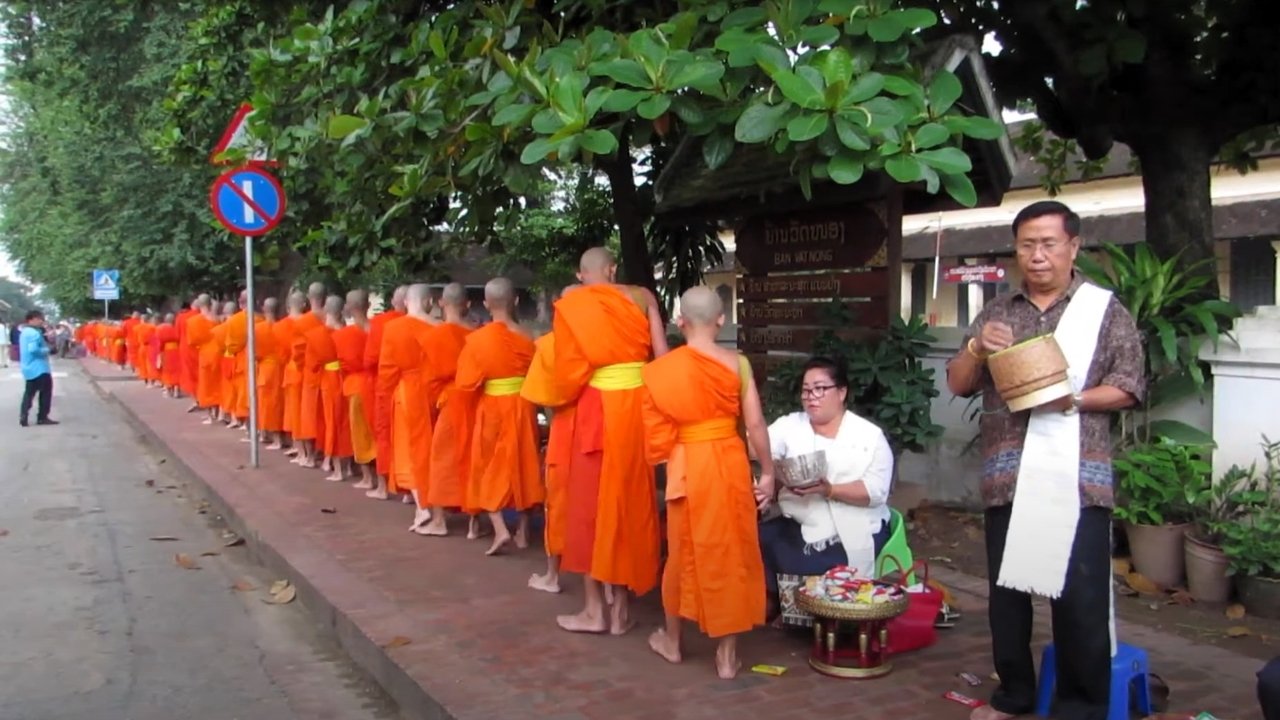
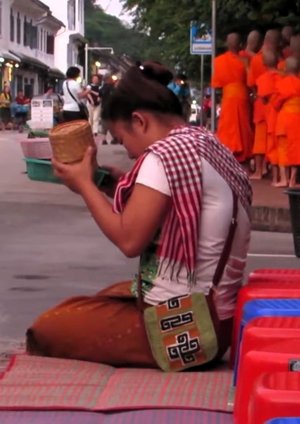
Monks(2016)
A haiku film poem. the early morning waiting for the monks. the voices. the fire. the wat drum.
Movie: Monks
Video Trailer Monks
Similar Movies
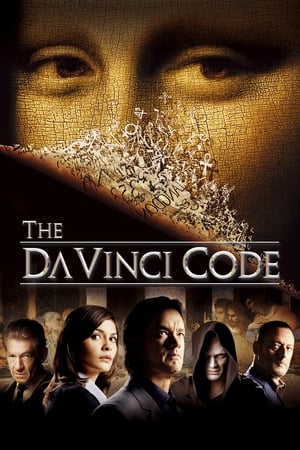 6.7
6.7The Da Vinci Code(en)
A murder in Paris’ Louvre Museum and cryptic clues in some of Leonardo da Vinci’s most famous paintings lead to the discovery of a religious mystery. For 2,000 years a secret society closely guards information that — should it come to light — could rock the very foundations of Christianity.
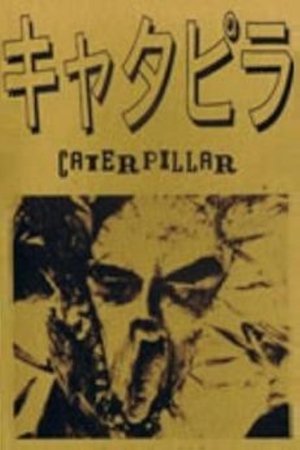 5.0
5.0Caterpillar(ja)
A half-hour experimental film that shows Fukui moving towards cyberpunk imagery in a manner similar to Tsukamoto, featuring industrial locations, a malfunctioning cyborg/android and a hulking metallic ‘caterpillar’ that stalks characters.
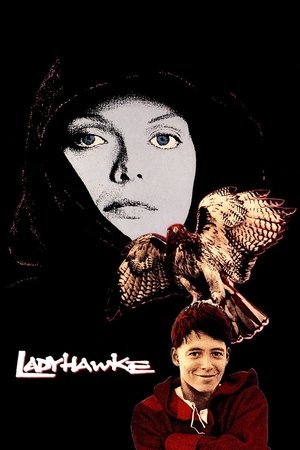 7.0
7.0Ladyhawke(en)
Captain Etienne Navarre is a man on whose shoulders lies a cruel curse. Punished for loving each other, Navarre must become a wolf by night whilst his lover, Lady Isabeau, takes the form of a hawk by day. Together, with the thief Philippe Gaston, they must try to overthrow the corrupt Bishop and in doing so break the spell.
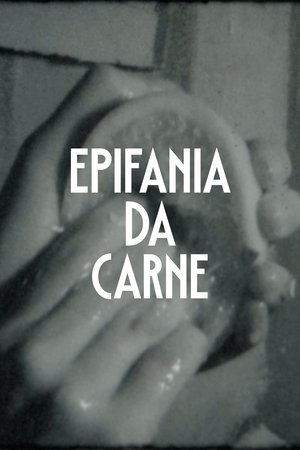 10.0
10.0Flesh in Turmoil(pt)
The process of depersonalization maintains a dialogue with the objectification of the body, a sort of thingified flesh, clothed in animosity. In an epiphanic act, the sutures reveal themselves as the reflection of this gaze upon its own spilled fluids and transcend into an internal soup. It is the stream of consciousness in its purest form. It is the raw and the bare. It is the visceral nature of facts. It is the merging of worlds. It is the flesh in turmoil.
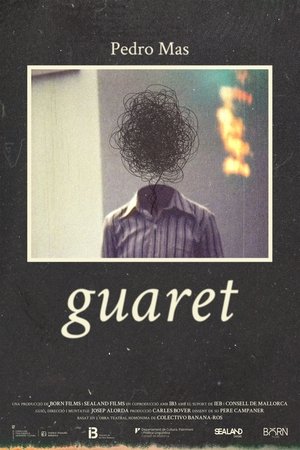 0.0
0.0Guaret(ca)
Pedro is Mallorcan, born to a mother from Burgos and a father from Mallorca. Due to his distant relationship with his father, Pedro doesn't fully master Mallorcan as a language. He turns to the works of Damià Huguet to remember his father, as only his poems can fill the void left by his death. The poet's words transport Pedro to his childhood and his roots, even though many of the words are unknown to him, despite them belonging to his language. This becomes the driving force behind the protagonist's search for his own identity, his origins, what it means to be a man, father-son relationships, collective identity, and "mallorquinness". Pedro constantly questions the emotions stirred by Huguet's poetry, and, most importantly, who he is and where he belongs.
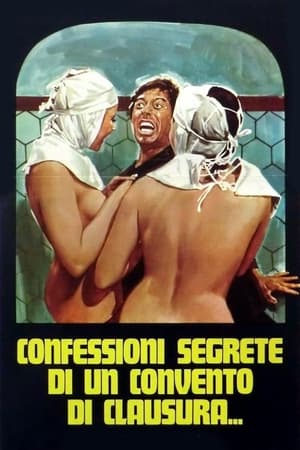 3.0
3.0Secret Confessions in a Cloistered Convent(it)
A young libertine after a series of love affairs, to escape the wrath of the betrayed husband disguises himself as a monk and hides in a convent where one immediately realizes how much his presence is very welcome.
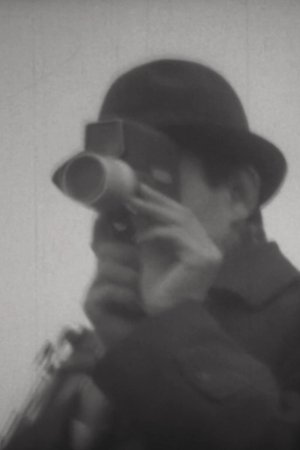 0.0
0.0Nomadtitude(en)
Using footage from socialist era Mongolia, Nomadtitude deals with the transition of the traditionally nomadic people to a lifestyle of urbanization. A changing of roads throughout the years and the movement of people from all across the country to the cities. A timeline of changing physical and spiritual paths. Primary instincts of the nomads, such as having a deep respect for natural surroundings, were forcefully replaced by socialist dogma and, later, capitalist machinations. This work presents the roads taken and not taken by the Mongolian nomads up until now. (Zulaa Urchuud)
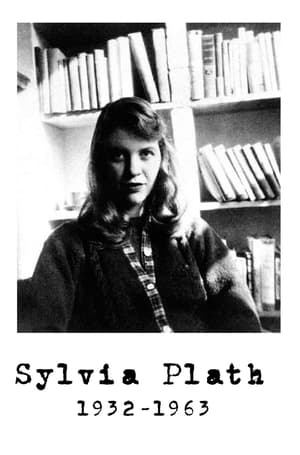 0.0
0.0Sylvia Plath reading poems from Ariel(en)
Sylvia Plath Read 18 Poems From Her Final Collection, Ariel, in a 1962 Recording
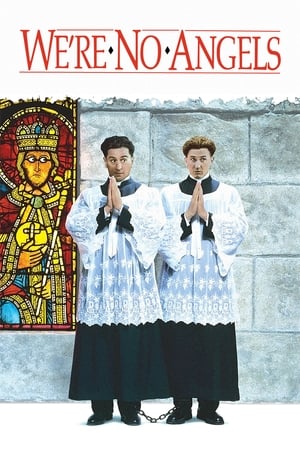 6.1
6.1We're No Angels(en)
Two escaped cons' only prayer to escape is to pass themselves off as priests and pass by the police blockade at the border into the safety of Canada.
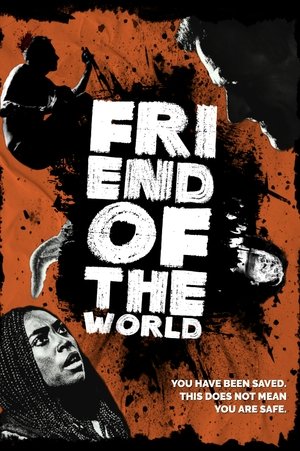 4.2
4.2Friend of the World(en)
After a catastrophic global war, a young filmmaker awakens in the carnage and seeks refuge in the only other survivor: an eccentric, ideologically opposed figure of the United States military. Together, they brave the toxic landscape in search of safety... and answers.
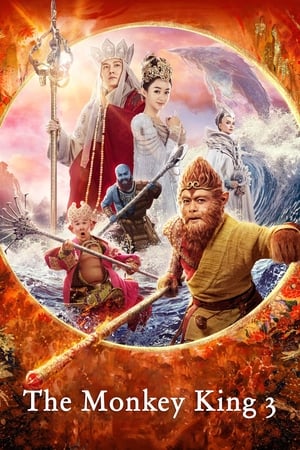 5.5
5.5The Monkey King 3(zh)
The Monkey King and his friends try to break free from a ruler that takes them hostage. However, their exploits provoke the anger of a deity that decides to punish them for their actions.
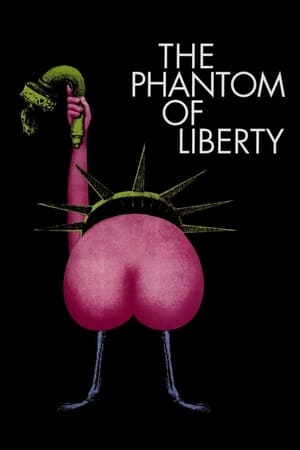 7.4
7.4The Phantom of Liberty(fr)
This Surrealist film, with a title referencing the Communist Manifesto, strings together short incidents based on the life of director Luis Buñuel. Presented as chance encounters, these loosely related, intersecting situations, all without a consistent protagonist, reach from the 19th century to the 1970s. Touching briefly on subjects such as execution, pedophilia, incest, and sex, the film features an array of characters, including a sick father and incompetent police officers.
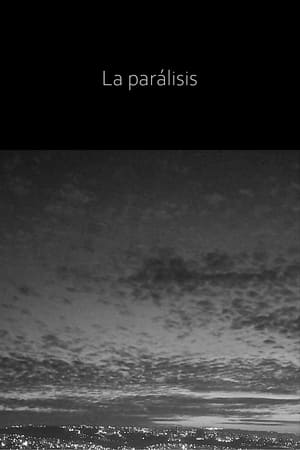 0.0
0.0The Paralysis(es)
After waking up with amnesia on the beach, the protagonist is pursued by the police to face the consequences of an unknown past. This soundscape uses tension as a tool to explore how uncertainty, anguish and urgency mobilize a body that would otherwise remain paralyzed in time.
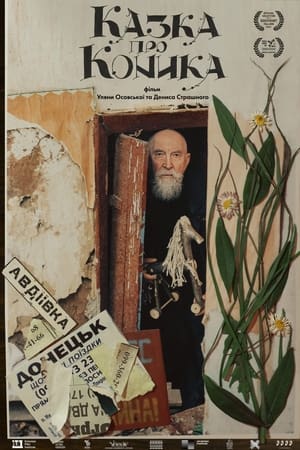 0.0
0.0Tales of a Toy Horse(uk)
In his own way, Anatoli Ljutuk is a legend of Tallinn's Old Town - a man from Western Ukraine who has built a unique world on Laboratory Street, the main core of which is the Ukrainian Cultural Center and Church. There, he engages in calligraphy, makes paper in a medieval way, carves traditional wooden toys in his workshop and makes books in the spirit of old monasteries. According to the oath taken a quarter of a century ago, he has promised to create something good every day. His daily commitment is challenged by the war that broke out in Ukraine, which Anatoly cannot passively ignore.
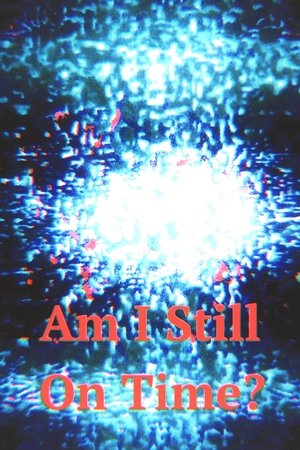 0.0
0.0Am I Still On Time?(en)
This expressive and experimental short film by Iain Delavan features two distinct emotionally significant videos, broken up by an ethereal synthetic universe. Quoted by Delavan as "the best thing [they] have ever made", this film has many layers hidden underneath the seemingly simplistic surface.
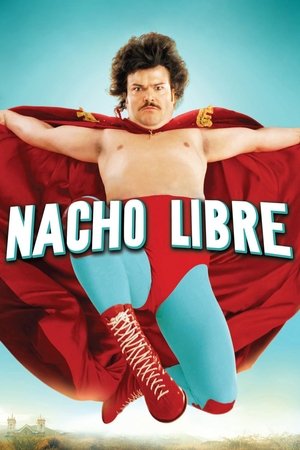 6.5
6.5Nacho Libre(en)
Ignacio, a disrespected cook at a Mexican monastery, can barely afford to feed the orphans who live there. Inspired by a local wrestling hero, he decides to moonlight as the not-so-famous Luchador "Nacho Libre" to earn money for the monastery -- not to mention the admiration of beautiful nun Sister Encarnación.
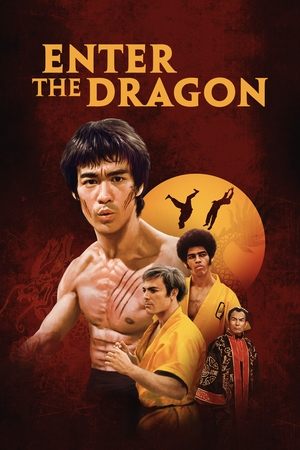 7.4
7.4Enter the Dragon(en)
A martial artist agrees to spy on a reclusive crime lord using his invitation to a tournament there as cover.
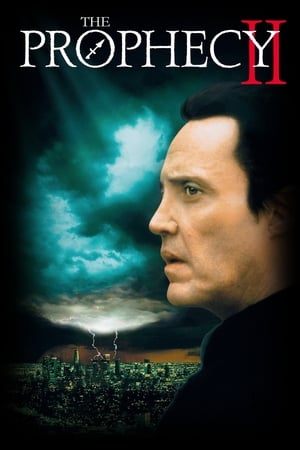 6.0
6.0The Prophecy II(en)
In this direct-to-video sequel, Gabriel returns to try to destroy the human race he despises so much, with the help of a suicidal teen and the opposition of the angel Daniel.

